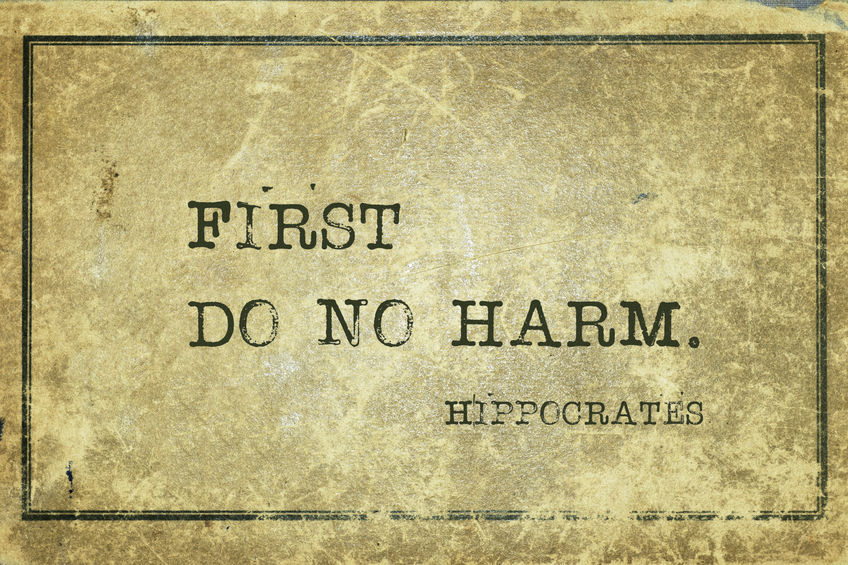Introduction
In the previous parts of this article, we’ve begun to take a look into the concept of reparations for people living with dementia, what they could mean for our society, and why the quality of our dementia care is disturbing and unsettling. We’ve explored the different perspectives and factors that come into play, and what needs to change to improve them.
Dementia care is already such a critical part of our healthcare system, one that is becoming more important by the year, but it appears that – more often than not – it is overlooked. By diving into and talking about the challenges it’s facing, where it’s falling short, and how we can make it better for our aging population, we’re striving to make a real difference in the care provided here in the US.
Now, as we move into Part III of our discussion, we’re going to keep exploring how we can improve it by taking a look at what Australia is doing right. Let’s dive in.
What can we learn from Australia?
Australia has a progressive approach to dementia care and healthcare in general which has been highlighted on the world stage through the captivating story of Kate Swaffer, an esteemed dementia researcher and activist. Swaffer’s story shines a light on the healthcare system’s lack of knowledge surrounding dementia, and the unacceptable level of care that has been normalized.
What is the truly striking takeaway from this, is that Australia is one of the leading nations in healthcare, and in particular, dementia care. What does this say about the level of dementia care here in the US?
Like me, you’re probably wondering how Australia compares to other countries in meeting the needs of people living with dementia. This lingering question has been on my mind since 2015 when I first encountered Kate Swaffer and her work. I was amazed to learn that not long ago, they had a complete overhaul of their aged care, and in particular dementia care systems – proving to us that swift change is not only possible but achievable.
Although possible, with our current healthcare mindset and outlook, it doesn’t feel as if we could initiate such a widespread overhaul due to the faults that we discussed in our previous article. While it is only natural to question and scrutinize new research findings, growth and progress can only be achieved when we embrace fresh ways of thinking. Failure to do so will keep American society in the dark ages in terms of dementia care.
To protect and enhance the health and well-being of our elders, it is imperative that we study countries that serve as potential models for dementia care. So, what is it we can learn?

A diagnosis of dementia brings a life-altering experience. What has been made clear is that from day one, it is crucial to discuss available support systems to prevent neglect and abuse.
To do this, we must consider a comprehensive plan for not only “care-living,” but also designate advocates who will commit to ensuring a nurturing, comforting environment.
It may seem like a daunting, challenging journey, but with the right coaching system in place, we can support families in navigating the challenges which come with dementia here in the US too.
What will these changes look like for us?
Peoria, the city where I was born and a key regional hub in my home state, is a great example of everyday life in America. The perfect location to ask ourselves – Will the Reparations Report make an impact here?
Will it play in Peoria?
Let’s consider Peoria as a testing ground. What would the necessary changes look like?
- An interdisciplinary working group in Peoria would be assembled to bridge gaps in the traditional model of care by addressing urgent needs and incorporating evidence-based practices into the regular routine of an older person.
- The collaboration between family members, health professionals, and community organizations would ensure that the older person receives quality care and is allowed to remain in their community with dignity.
- The Peoria Working Group would also provide support and resources for “informal caregivers.” Who are the “informal caregivers”? They are the unpaid, invisible caregivers, often overlooked despite playing a vital role in providing assistance to loved ones living with dementia – as was tragically evidenced during the early years of the pandemic.
These aren’t big changes to be made, but they are significant in helping those living with dementia derive a more fulfilling, dignified life.
If we don’t begin to see meaningful change we must begin to ask ourselves:
If the pandemic didn’t awaken a sense of ethics and morality in our system, what awakening is needed for society to respond?
Perhaps the discussion about reparations will serve as a wake-up call for owners and investors, signaling that consumers are now more informed and expect more.
Let’s kickstart this long-overdue conversation! Change will not occur until we shed light into the darkest corners, exposing the mistreatment of people living with dementia in residential aged care.
About the Final Report on Reparations
 Can residents and families in residential aged care finally expect an environment that values their dignity? I fully back the Reparations Report’s findings, which prioritize recognition, accountability, and change. I genuinely believe that individuals living with dementia and their care partners are yearning for these dynamics.
Can residents and families in residential aged care finally expect an environment that values their dignity? I fully back the Reparations Report’s findings, which prioritize recognition, accountability, and change. I genuinely believe that individuals living with dementia and their care partners are yearning for these dynamics.
I am immensely grateful to Kate and Linda, the committed Australian researchers, for bringing this project to light and sharing its results with the global dementia community. I am also grateful to be able to share my thoughts and highlight an issue I believe needs immediate attention.
If you are awakening to the concept of “reparations” for people living with dementia, please review the supplemental format provided by Linda and Kate. It is titled EASY READ REPORT. It is presented with pictures and BIG PRINT: Find Easy Read Report here
To access the Final Report: Find Final Report here
And if you’d like to learn more about the “new narratives” in dementia care, you are welcome to visit this website – just one of many places to begin: A Beautiful Voice
Blog post co-authors: This review was co-authored by Susan Troyer and Kia Marie @Fiverr.com where she is a full-time writer. Previously, she worked as a dementia nurse and graduated in the top 3% in Australia. What are the chances of finding a dementia nurse from Australia on Fiverr.com to co-author an article about an Australian study on the topic of dementia care? Very slim, but what a delightful experience!


Leave A Comment